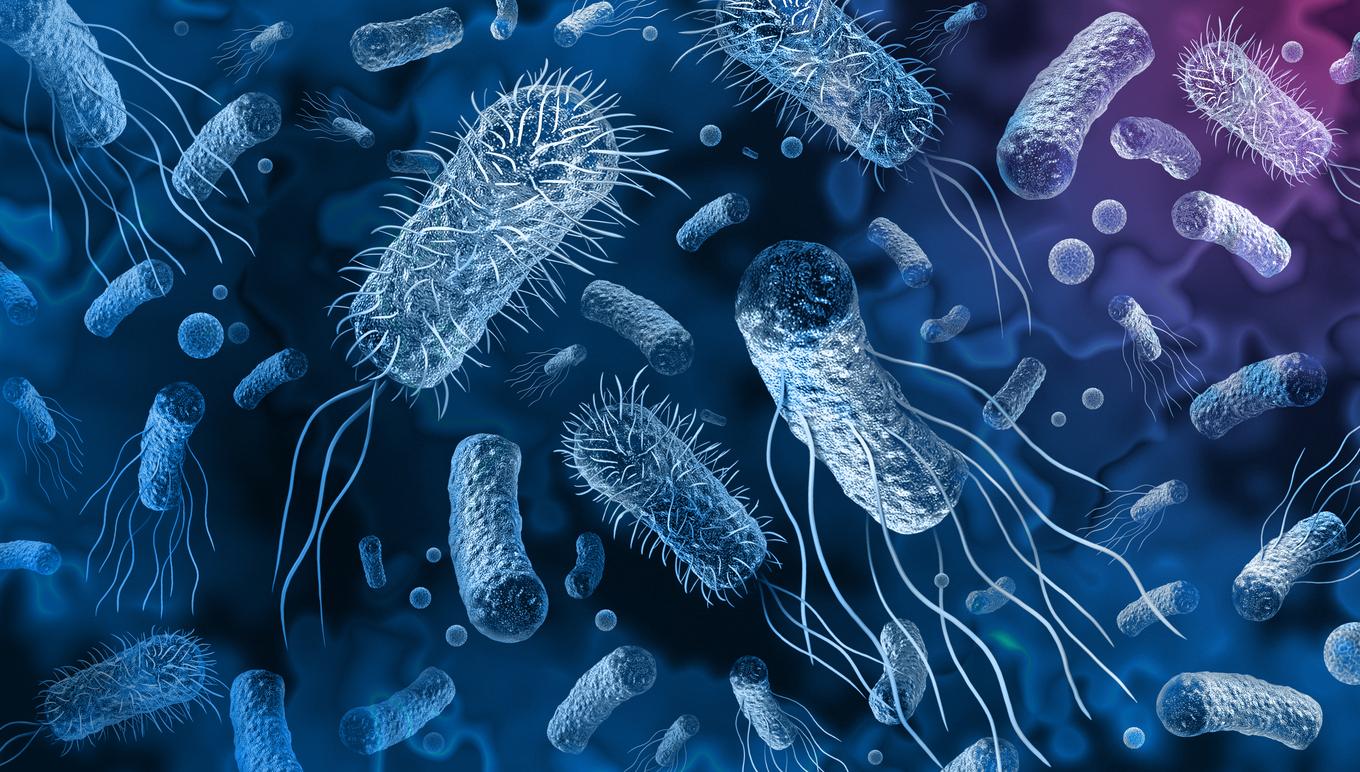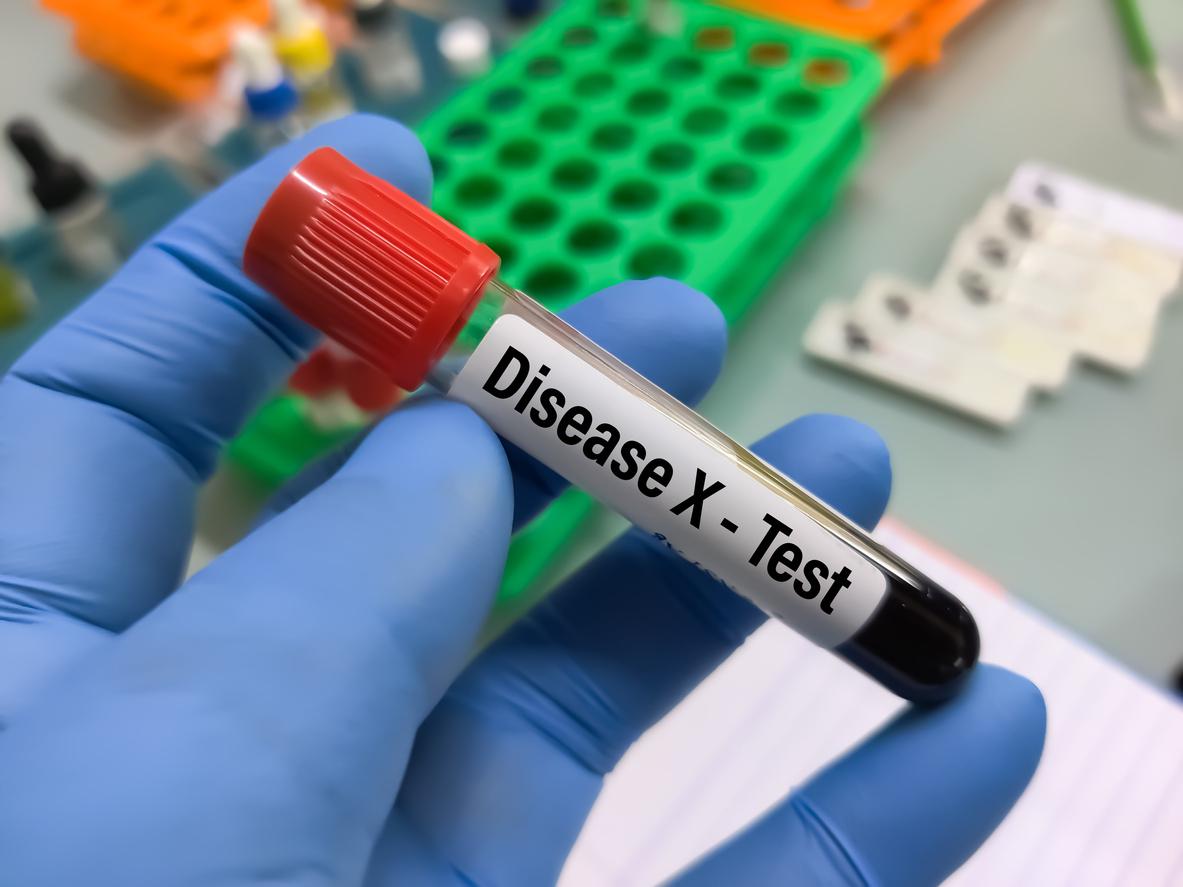International research between the University of Montreal and the French National Institute for Agronomic Research (INRA) has highlighted the reasons for the presence in the stomachs of cows of the bacterium E. coli, responsible for this gastrointestinal illness. lightning enteritis. Discovery which opens the way to methods of eradicating the bacteria and therefore the disease.
“We studied E. coli O157: H7, the bacterial strain most frequently associated with large-scale gastroenteritis outbreaks. These outbreaks most often result from direct contact with the agricultural environment and the consumption of meat. raw or undercooked, as well as unpasteurized milk and dairy products. Reducing or eradicating the O157: H7 strain in cows could significantly reduce the risk of food contamination and, consequently, human infections, “explains Josée Harel, co-author of the study and director of the Pork Infectious Diseases Research Group at the Faculty of Veterinary Medicine of the University of Montreal.
“We now know that this bacterium has a genetic program that allows it to use ethanolamine and in doing so, to survive and multiply advantageously in the intestine,” explains Professor Harel. This knowledge will help us select the appropriate food or probiotics to deprive this bacteria of this vital source of energy. This method should help limit the spread of the bacteria through the food chain. “

















